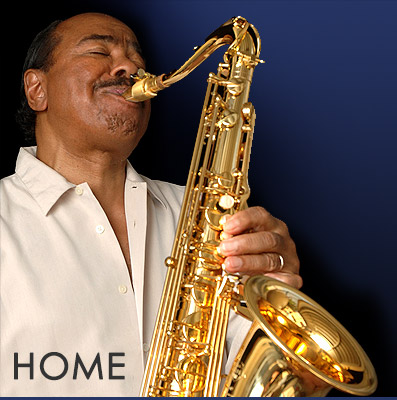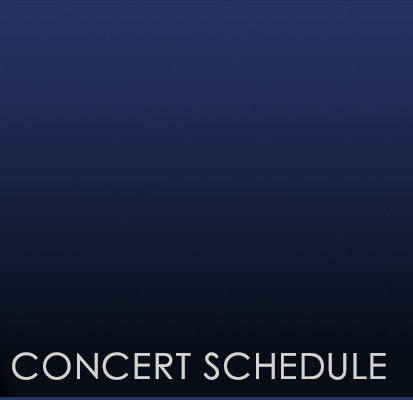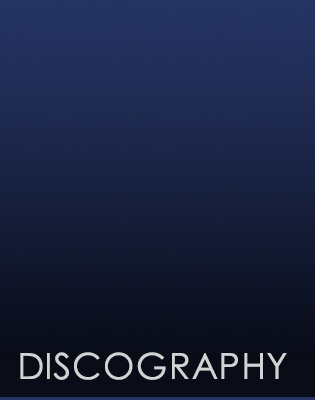Page 1 next page
BENNY GOLSON
'ART IS A LIFETIME COMMITMENT'
by Ted Panken
photo by Bill Douthart
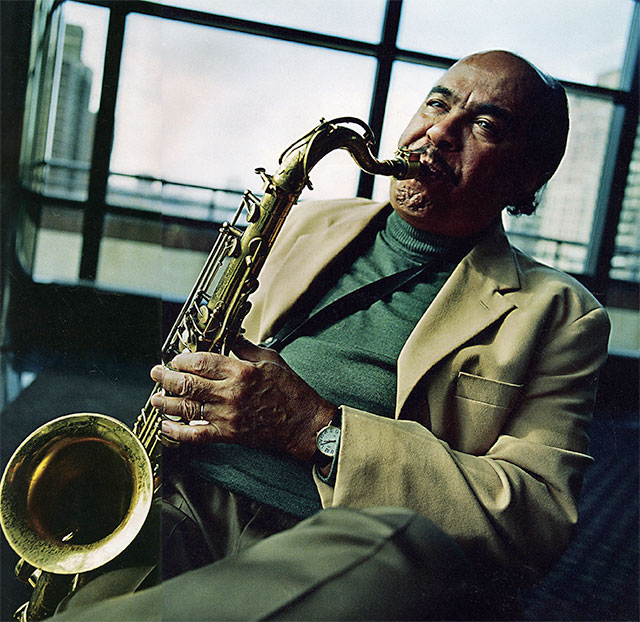
As a receipient of countless accolades during his 70 years in the music business, Benny Golson might well be blase about his election to the Downbeat Hall of Fame. But the 89-year-old tenor saxophonist and composer considers this latest honorific a consequential milestone.
In the beginning, I was much in tune with wanting to be a poll-winner," Golson said over the phone from his Upper West Side Manhattan apartment. "Then I stopped thinking about it, because I had other goals; what I was actually doing and creating was important. But now I'm overwhelmed. I'm glad it happened before I die. For all these years, DownBeat has been the bible of what jazz is all about, and I'm honored. I'm happy. It makes me feel validated." The Hall of Fame designation makes complete sense to Quincy Jones, Golson's good friend since 1953 and, later in the '50s, his neighbor in a West 92nd Street apartment building populated by a cohort of night people who inspired Golson's famous tune "Killer Joe." "As a composer and a player, Benny is one of the absolute backbones of jazz," Jones said via email. "He is almost 90, and that cat is still playing! Benny is a mad monster of a musician, and he always has been." At the time of our interview in late April, Golson was focusing on a forthcoming 10-day tour of Japan with pianist Mike LeDonne and drummer Carl Allen, two-thirds of his working quartet since the late 1990s along with bassist Buster Williams, for whom Luke Sellick would sub on this occasion. The LeDonne-Williams-Allen trio joins Golson on the aptly titled Horizon Ahead (HighNote), a 2016 release that is the most recent of his 40 or so leader albums since Benny Golson's
New York Scene, from 1957. That date featured a nonet version of "Whisper Not," which Golson also recorded that year with Dizzy Gillespie's big band. It's the most enduring staple of an oeuvre that includes such jazz lingua franca works as "I Remember Clifford," "Along Came Betty," "Stablemates," "Blues March," "Sad To Say" and "Are You Real?"
Horizon Ahead includes three recent Golson songs and one less-traveled gem titled "Domingo," from a 1957 Blue Note date led by trumpeter Lee Morgan, then Golson's 19-year-old bandmate with Gillespie and, a year later, his front-line partner with Art Blakey's Jazz Messengers on the iconic album Moanin', for which Golson served as music director. "It's one of those tunes that never made it like 'Whisper Not' did," Golson said. "I wrote 'Whisper Not' in 20 minutes. I was so plethoric with ideas, I could hardly write it down. Dizzy liked it and recorded it, and now it's a standard in the jazz repertoire."
"When you play 'Whisper Not' for 20 years, you've really got to dig deep to find new things-and we do," said LeDonne, referencing Golson's determination to avoid a by-the-numbers attitude to interpreting good-old-good-ones in live performance.
"His tunes are all very soulful, with beautiful melodies over highly sophisticated harmonic movement. He's written so many unbelievably beautiful ballads that people need to investigate, and those ballads are mostly in minor keys, with a dark, romantic sound. And he's in enthusiastic support of what you're doing all the time. He takes off all the limits. He wants you to go as far as you can with whatever it is you're doing.
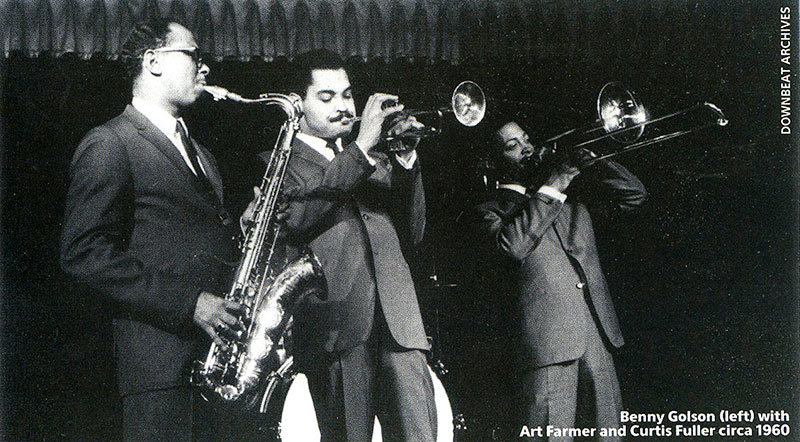
Benny Golson (left) with Art Farmer and Curtis Fuller circa 1960
photo: DownBeat archives
